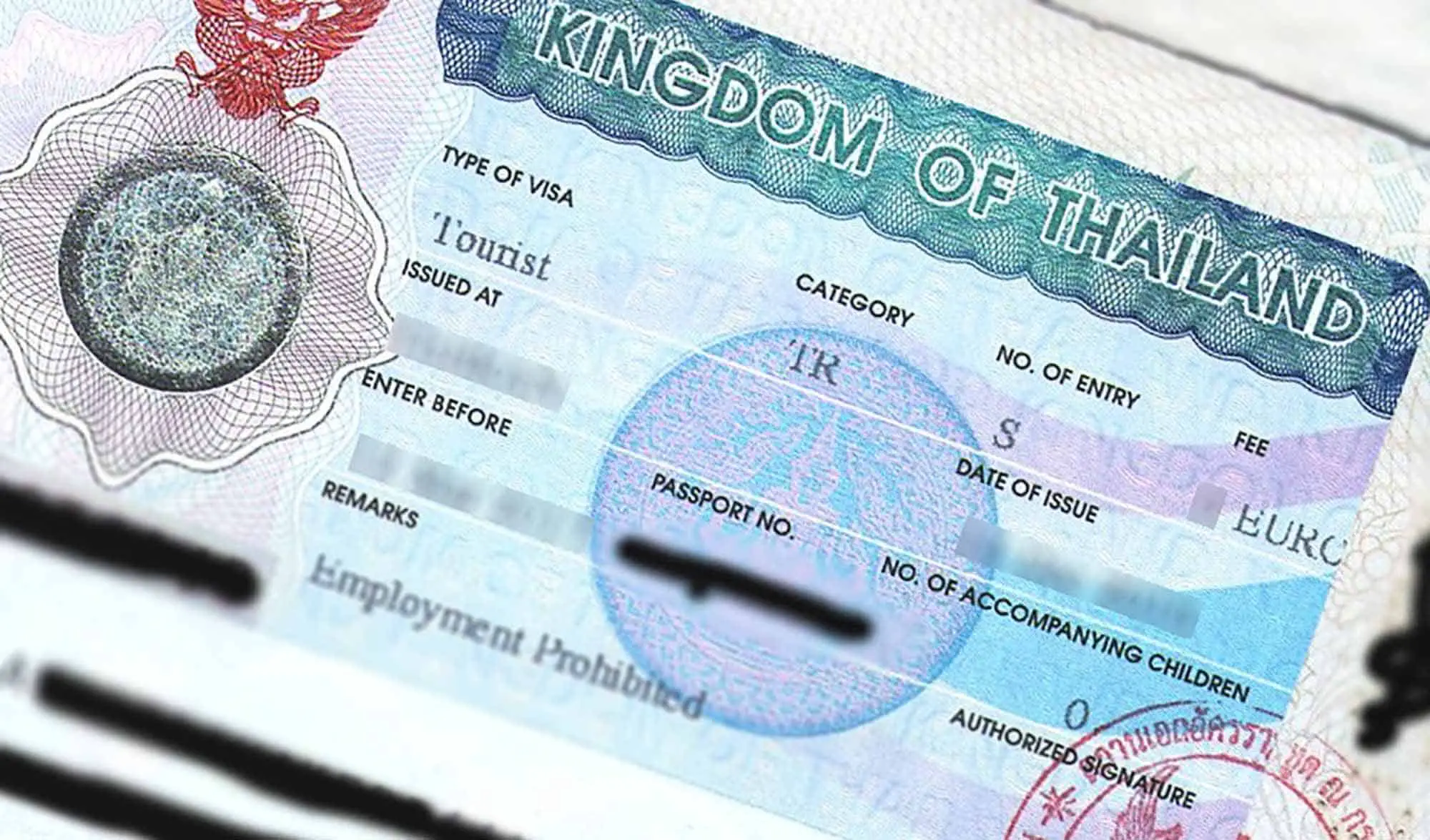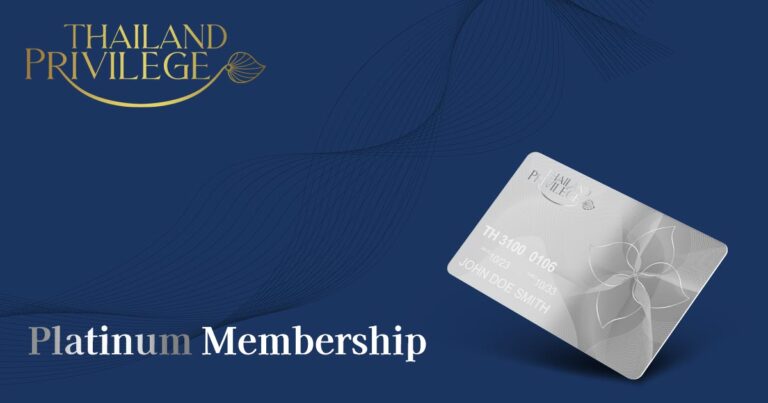Thailand Privilege Visa Vs LTR Visa
The Kingdom of Thailand offers two distinct residency options for foreigners seeking to reside in the country: the Thailand Privilege Visa and the Long-Term Resident (LTR) Visa.
The Thailand Privilege Visa, often known as the ‘Elite Visa,’ is a premium option that provides a range of privileges and is primarily targeted at affluent individuals who wish to enjoy a prolonged stay with minimal bureaucratic hurdles.
Conversely, the LTR Visa is a newer scheme designed to attract highly-skilled professionals, investors, and retirees, offering a variety of incentives including tax benefits and work permit facilitation.
Each visa category has its own set of costs, conditions, and benefits, thus necessitating a thorough evaluation by prospective applicants to determine which program more aptly suits their specific circumstances and long-term residency ambitions in Thailand.
Key Takeaways
- The Thailand Privilege Visa offers multiple membership options with varying privilege points and validity periods, while the Thai LTR Visa has four different streams for specific categories of individuals.
- The Privilege Visa does not have strict investment or financial requirements, unlike the LTR Visa which requires meeting a certain income level or holding a certain amount in finances.
- The Privilege Visa does not require the holder to pay taxes in Thailand, whereas the LTR Visa requires the holder to pay taxes if earning income in Thailand.
- While both visas allow for the inclusion of family members, the Privilege Visa offers specific packages for adding family members, while the LTR Visa allows for up to four family members to be brought along. Additionally, the Privilege Visa does not permit working in Thailand but allows remote work, while the LTR Visa allows for work and acquiring a Thai work permit.
Overview of Visa Costs
While the Thailand Privilege Visa ranges in cost from 900,000 THB to 2.5 million THB depending on the selected membership option, the LTR Visa is uniformly priced at 50,000 THB.
The visa application process for both entails thorough scrutiny, yet the Privilege Visa is noted for an expedited and less arduous journey, attracting those seeking convenience. Conversely, the LTR Visa’s application demands stringent financial proofs, reflecting its different target demographic.
The Privilege Visa absolves holders from local tax obligations unless they earn income within Thailand, aligning with its lifestyle-focused design. The LTR Visa, catering to working professionals and investors, imposes tax obligations correlating to earnings in Thailand, which must be meticulously considered when comparing the overall cost-benefit ratio of each visa option.
Visa Validity and Benefits
The longevity of a visa is a crucial factor for individuals planning extended stays. The Thailand Privilege Visa offers a range of 5 to 20 years, while the LTR Visa provides a maximum of 10 years. Each visa comes with distinct benefits tailored to different needs.
In evaluating visa advantages, a succinct visa comparison reveals:
- The Thailand Privilege Visa emphasizes lifestyle and convenience with long-term stays and VIP services.
- The LTR Visa focuses on work and investment opportunities in Thailand.
- Visa validity reflects the commitment level of the applicant to residing in Thailand.
- Each visa’s benefits cater to specific demographics, such as affluent retirees versus skilled professionals.
Ultimately, the choice between the two hinges on the applicant’s priorities. They must consider whether they value luxury services or economic engagement.
Eligibility and Requirements
Eligibility criteria for Thailand’s visas vary significantly, with the Privilege Visa focusing on ease of access and the LTR Visa requiring more stringent financial and professional qualifications.
The visa application process for each reflects these differences, with the Privilege Visa being more straightforward, whereas the LTR Visa entails compliance with specific tax requirements and other criteria.
| Criteria | Privilege Visa | LTR Visa |
|---|---|---|
| Financial Threshold | None specified | Required |
| Professional Qualifications | Not required | Certain streams require |
| Tax Obligations | No tax on foreign income | Tax on Thai-sourced income |
| Application Complexity | Simplified | More comprehensive |
| Target Audience | Affluent travelers | High-income professionals/retirees |
This analytical overview reveals that the choice between the two visas should align with an applicant’s financial status, professional background, and long-term objectives in Thailand.
Family Inclusion Possibilities
In considering family inclusion options, both the Thailand Privilege Visa and the LTR Visa present differing possibilities for applicants looking to relocate to Thailand with their dependents. Analyzing both programs reveals:
- The Thailand Privilege Visa permits the addition of family members under certain packages, though without direct working possibilities for dependents.
- The LTR Visa facilitates the inclusion of up to four family members and allows them to apply for a work permit, thereby providing working possibilities.
- For the LTR Visa, family inclusion is subject to additional investment requirements, ensuring a certain level of financial commitment.
- The Thailand Privilege Visa, conversely, does not impose such investment requirements for family inclusion, offering a more straightforward path for those not seeking active business engagement.
These differences highlight the importance of aligning visa selection with family and professional objectives.
VIP Services Comparison
When comparing the VIP services offered by the Thailand Privilege Visa and the LTR Visa, it is evident that both provide distinct advantages tailored to enhance the immigration experience for high-net-worth individuals.
The visa application process comparison reveals that the Thailand Privilege Visa facilitates an expedited and streamlined entry with minimal financial prerequisites, offering varying levels of privilege points for added benefits.
In contrast, the LTR Visa, while less expensive at 50,000 THB, imposes stricter financial and investment stipulations, yet grants the possibility of obtaining a work permit.
The financial implications of each visa must be carefully weighed; the Privilege Visa demands a significant upfront investment for extended benefits, while the LTR Visa’s lower cost comes with the obligation of contributing to Thailand’s tax base if income is generated within the country.
Frequently Asked Questions
Can I Switch From a Thailand Privilege Visa to an LTR Visa if My Circumstances Change, and if So, What Is the Process?
Visa conversion from a Thailand Privilege to an LTR visa requires meeting application prerequisites, including financial criteria and intended stay. The process involves a thorough assessment and adherence to immigration policies.
What Happens to My Thailand Privilege Visa or LTR Visa if I Need to Leave Thailand for an Extended Period – Will It Affect the Validity of My Visa?
Navigating the seas of immigration, a temporary departure from Thailand does not necessarily capsize your visa’s validity. Visa reactivation or maintaining status may require travel notifications, ensuring a smooth voyage upon your return.
Are There Any Exclusions or Special Conditions That Apply to Certain Nationalities When Applying for Either the Thailand Privilege Visa or the LTR Visa?
Nationality restrictions and application nuances may apply to visa programs; however, Thailand typically offers its visas without exclusive conditions based on nationality, ensuring an equitable application process for all potential candidates.
How Do the Thailand Privilege Visa and LTR Visa Impact My Eligibility for Permanent Residency or Citizenship in Thailand in the Future?
Neither Thailand Privilege Visa nor LTR Visa guarantees progression to permanent residency or citizenship, as these require separate applications and adherence to distinct citizenship requirements beyond initial visa provisions.
Can I Engage in Volunteer Work or Non-Profit Activities While on a Thailand Privilege Visa or LTR Visa, and if So, Are There Any Specific Regulations I Need to Be Aware Of?
Volunteering vigilance vitalizes visa value. Holders must heed non-profit regulations and secure volunteer permits, ensuring adherence to Thai law—an analytical approach to maintaining compliance while engaging in altruistic activities is essential.
Conclusion
In summation, the Thailand Privilege Visa and the Long-Term Resident (LTR) Visa each offer distinct advantages tailored to different demographic groups.
A meticulous analysis of costs, validity, eligibility, familial inclusion, and VIP services is imperative for prospective applicants.
For instance, a retired couple may find the Thailand Privilege Visa more beneficial due to its extended validity, while a professional might favor the LTR Visa for its work-related benefits.
Ultimately, individual circumstances will dictate the most suitable visa option.







